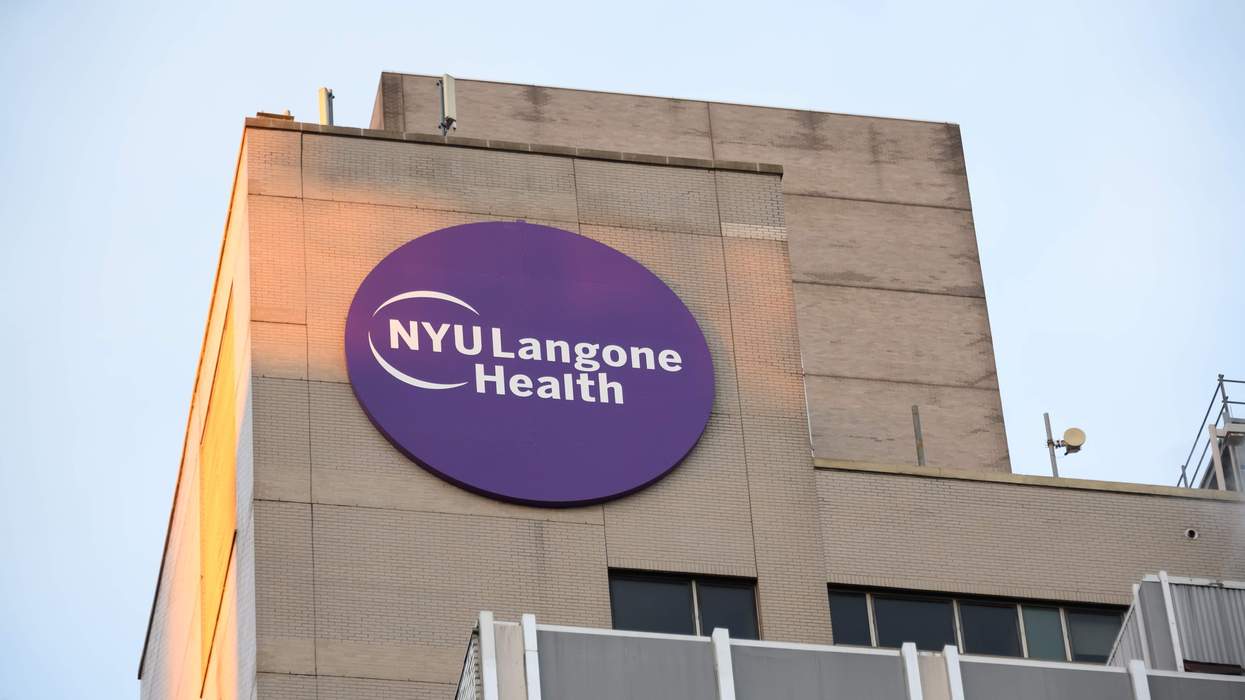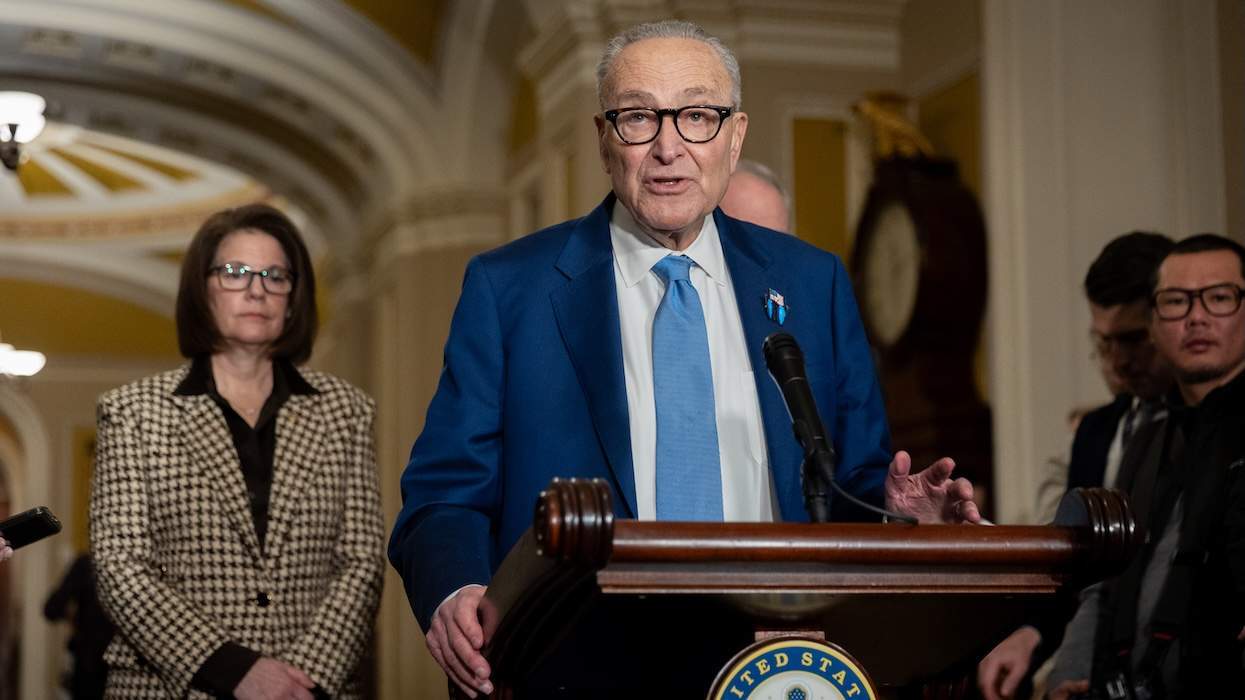California plans to soon follow new federal recommendations for HIV prevention outreach, shifting focus in the state from attempting to reduce high-risk behaviors among HIV-negative people that expose them to the virus to encouraging HIV-positive people to protect their sex partners, the Los Angeles Times reports. The Centers for Disease Control and Prevention in April announced that federal HIV prevention money would be shifted to support programs that expand HIV antibody testing and those focusing on prevention for positives. As much as $90 million could be diverted from traditional HIV prevention outreach to fund the new priorities. The change was made because new HIV infections in the United States continue at about 40,000 per year, which some health officials say is a sign that existing HIV prevention efforts have failed. California's Office of AIDS has already shifted about 25% of its prevention funding for prevention for positives programs, which include one-on-one counseling for HIV-positive people and their sex partners, use of rapid HIV antibody tests, and efforts to reduce mother-to-child transmissions. "I know it sounds trite to say, but the reality is that every newly diagnosed HIV case is the result of someone who is positive that's spreading the disease," Drew Johnson, head of education and prevention for the California Office of AIDS, told the Times. "We need those with the disease to help us stop or at least slow its spread." But many AIDS activists say the shift in focus and funding could backfire, with larger numbers of people contracting the virus due to reduced emphasis on safer-sex programs. They also worry that pushing HIV antibody testing among minority groups and in communities where AIDS stigma is high will not necessarily boost the numbers of people being screened for HIV infection. "This one-size-fits-all policy assumes everyone is knowledgeable about the disease and wants to get tested regularly," said Octavio Vallejo of the University of California, Los Angeles AIDS Institute. "That's not the case."
Search
AI Powered
Human content,
AI powered search.
Latest Stories
Stay up to date with the latest in LGBTQ+ news with The Advocate’s email newsletter, in your inbox five days a week.
@ 2026 Equal Entertainment LLC.
All rights reserved
All rights reserved
By continuing to use our site, you agree to our Privacy Policy and Terms of Use.
The Latest
Support Independent Journalism
LGBTQ+ stories deserve to betold.
Your membership powers The Advocate's original reporting—stories that inform, protect, and celebrate our community.
Become a Member
FOR AS LITTLE AS $5. CANCEL ANYTIME.
More For You
Most Popular
@ 2026 Equal Entertainment LLC. All Rights reserved














